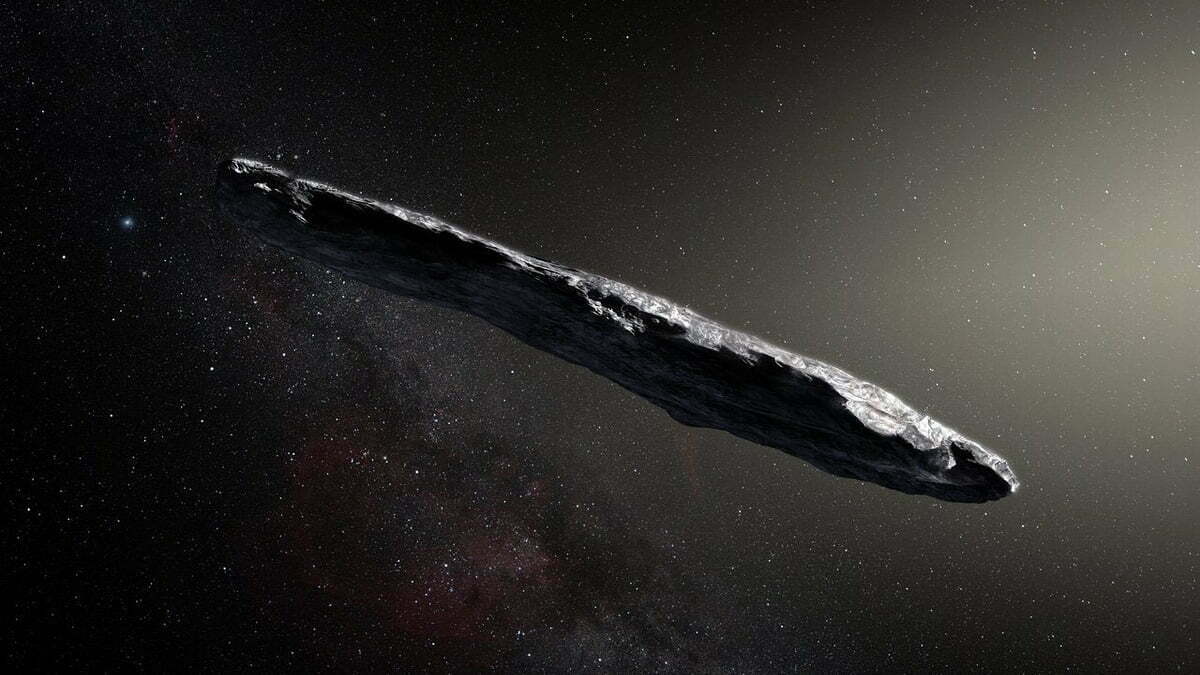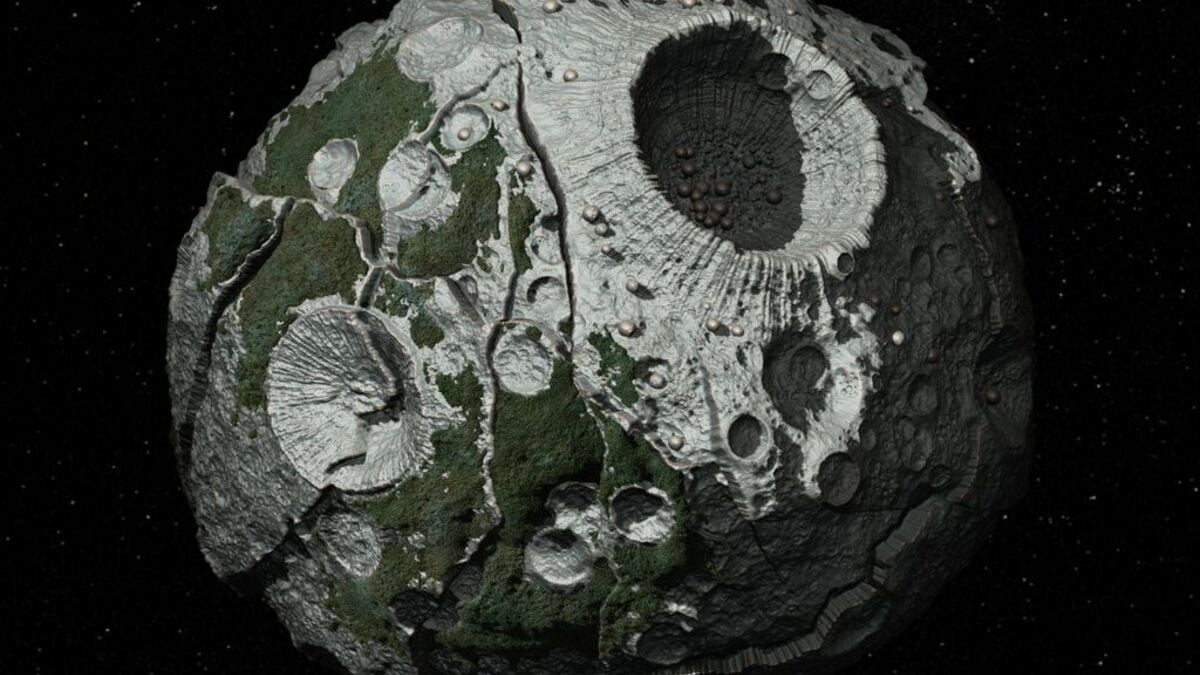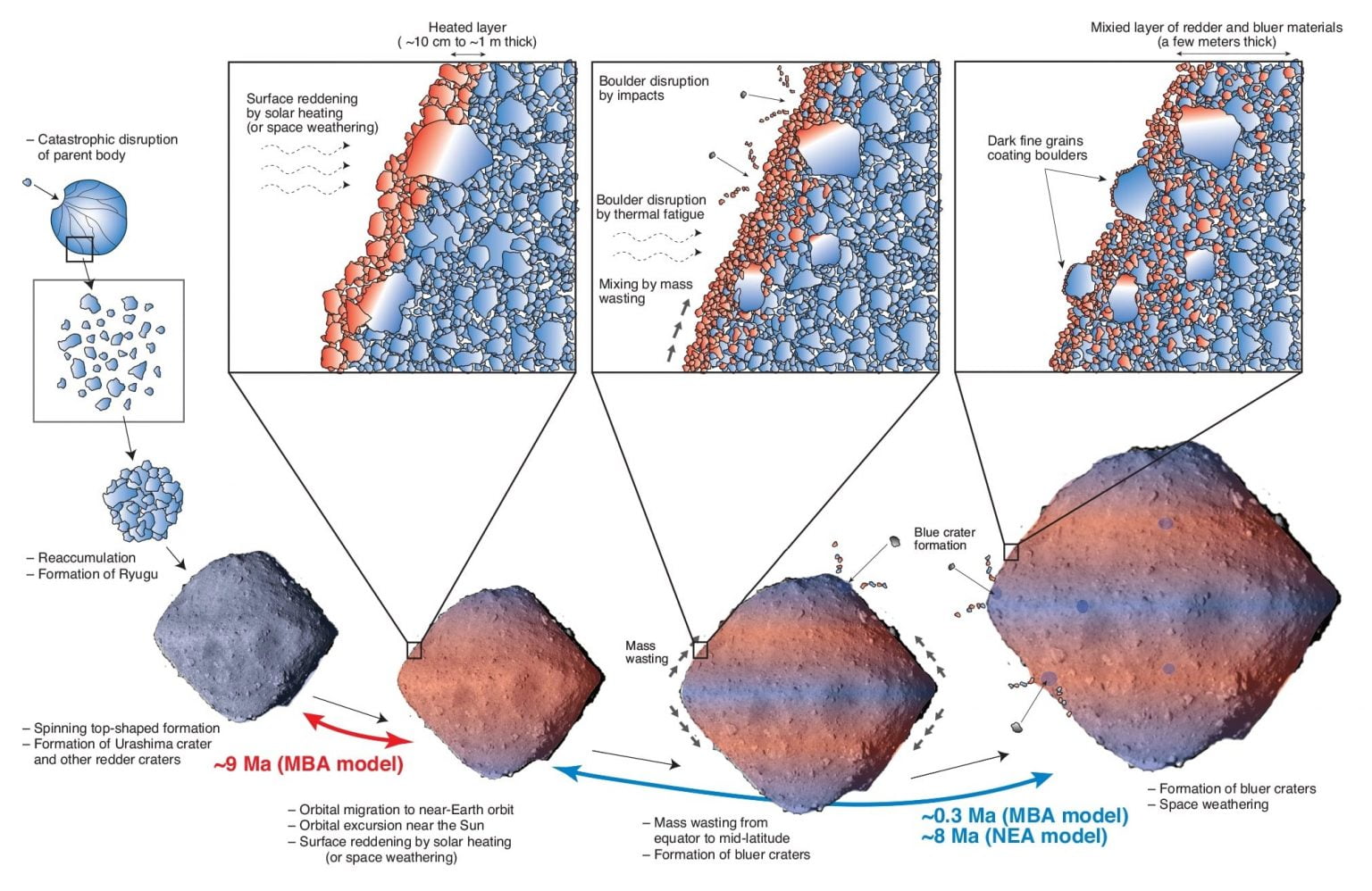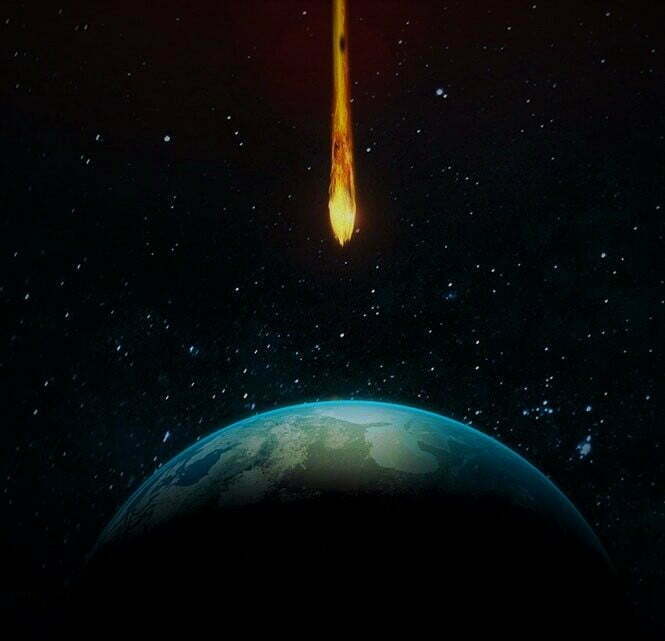A FAST RESPONSE INTERCEPTOR SPACECRAFT TO STUDY INTERSTELLAR VISITORS LIKE OUMUAMUA
Oumuamua is the first known interstellar object detected passing through the solar system. When Astronomers first detected it in the year 2017, it was too late to study it properly. But within that brief period, it exhibited some unexpected properties which left astronomers scratching their heads. Its elongated shape, lack of coma and facts that … Read more





